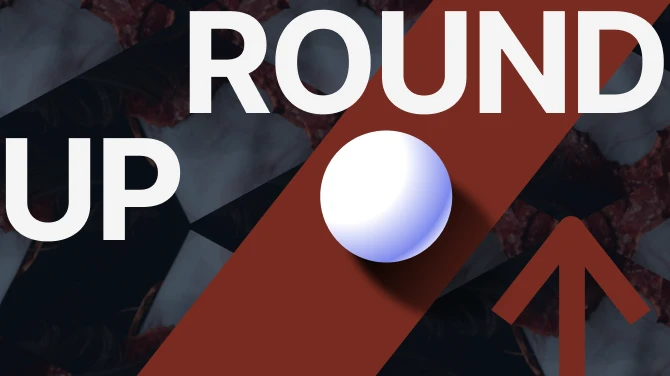Each spell is assigned a single category for three properties (Delivery, Method, and Level) and one or more principles.
Properties
Delivery is how a spell finds its target.
- Aimed spells fire a projectile, a directional short-range stream or effect, or target an NPC. These include spells like fireball, heal other, and flames. In Creation Kit terms, these are Target Type "Aimed" or "Target Actor".
- Location spells place an effect on a targeted surface of the map (rune spells, most summoning spells). CK-wise, these are Target Type "Target Location".
- Self spells apply an effect directly to the player (Oakflesh, Close Wounds, Detect Life) or apply to enemies within a range of the player (Mass Paralysis, Mayhem). CK-wise, these are Target Type "Self".
Method is the casting style. This one should follow what the menu says for each spell.
- Concentration spells are cast continuously.
- Fire & Forget spells are cast once.
Level is the level (novice through master). Again, this one should follow what the menu says.
Principles
Each school of magic is split into four principles. I attempted to partition spells into categories that would make sense for vanilla spells as well as those added by mods. I had Apocalypse and Arcanum in mind when developing the categories; one consequence is that vanilla spells aren't distributed evenly between principles. Most dramatically, Unaspected and Consuming have one vanilla spell each. (On the other hand, if somebody has Creation Club's Arcane Accessories and wants to patch it in, a number of those added spells fit under Unaspected.)
If you don't find these principles particularly intuitive, or you'd like to change them for any other reason, you can do so by creating your own custom patch(es) with the xEdit script and manually choosing principles for each spell. There's also an example plugin in the optional downloads that shows how to change the name and appearance of a principle ingame.
Alteration:
- Modification - spells like Oakflesh that enhance or reduce an existing property, like armor rating or player speed. Patcher adds this principle to spells that modify one or more actor values.
- Construct - spells like Candlelight that create a persistent construct.
- Force - spells like Telekinesis or Paralysis that can be interpreted as simply applying physical force.
- Abstract - largely spells that don't fit cleanly into another principle, or don't have a physical effect like most other Alteration spells; water breathing, detect life, etc.
Conjuration:
- Daedric - summoning any actor with ActorTypeDaedra.
- Necromantic - reanimation spells and summoning any actor with ActorTypeUndead.
- Spirit - any summons that aren't daedric or necromantic.
- Bindings - bound weapons and soul trap.
Destruction:
- Fire - exactly what it says on the tin. MagicDamageFire and effects that are resisted by Resist Fire.
- Frost - the same, but with frost.
- Shock - the same, but with shock.
- Unaspected - any spell that does not have Fire, Frost, or Shock keywords. In vanilla, no spells really fit this principle; I did give Whirlwind Cloak both Frost and Unaspected, as I would not have guessed it was coded as frost damage without looking at the record.
Illusion:
- Concealing - invisibility and muffle.
- Overwhelming - emotional influence spells, including fear, frenzy, calm, and rally.
- Projection - spells that have a direct effect on actor values, including rally spells. In spell mods, the patcher should place spells that damage health in this category by default.
- Arcane - spells that deal with gaining information or affecting other spells; clairvoyance and dispel effects, for example.
Restoration:
- Righteous - spells that damage or turn undead.
- Defensive - spells that mitigate damage, such as wards.
- Curing - spells that heal damage.
- Consuming - spells that damage living actors. Without spell mods, Poison Rune is the only spell in this category.










0 comments